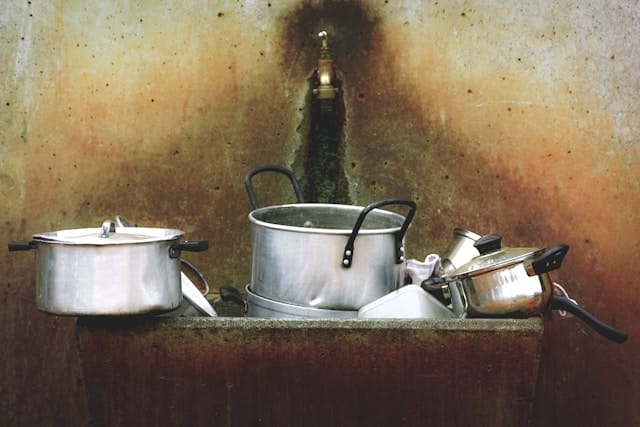It’s easy to shrug off a pile of dirty dishes as a simple case of procrastination. But according to psychology experts, it could be a sign of deeper emotional struggles. The state of our environment often mirrors our inner world, and a sink full of plates might say more than we realize.

Clinical psychologists point out that when people feel overwhelmed, anxious, or depressed, daily chores like dishwashing can feel impossible. Mental health challenges often sap motivation and energy, making even small tasks seem insurmountable. As these feelings build, so do the dishes.
There’s a psychological term for this: executive dysfunction. It occurs when the brain struggles to organize tasks and follow through, even if someone wants to get things done. Dirty dishes, laundry piles, and general clutter often aren’t about laziness, they’re about mental fatigue and emotional overload.
Some mental health professionals also highlight that household chores, including doing dishes, offer a sense of accomplishment and routine. When someone feels hopeless or stuck, they may avoid tasks that otherwise bring small victories, leading to a cycle of neglect and self-blame.
However, letting dishes pile up doesn’t automatically mean you’re facing a mental health crisis. Experts encourage looking at the bigger picture. If you’re consistently avoiding everyday tasks and feeling persistently down, it might be worth exploring those feelings with a mental health professional.
Small steps can make a big difference. Setting a timer for just five minutes, breaking tasks into tiny parts, and offering yourself compassion rather than criticism can help. Remember, the dishes might just be dishes, or they might be your mind’s way of asking for a little extra care.
